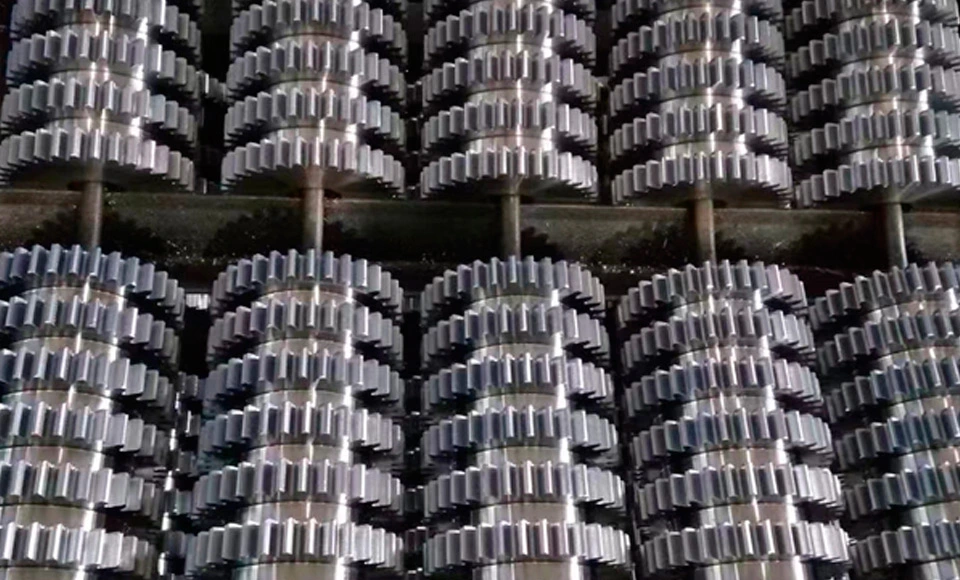Falcon’s custom gears achieve ±0.005mm tolerances for automotive EV transmissions and surgical robot joints, using 5-axis CNC hobbing and Swiss machining to reduce backlash by 80%. Our 7075-T6 aluminum gears meet IATF 16949 standards for auto manufacturer’s drivetrains, while medical-grade PEEK gears undergo ISO 13485-certified cleanroom polishing for MRI equipment. For 5G RF modules, EMI-shielded brass gears ensure MIL-STD-461G compliance, validated in auto field trials.

Automotive
Falcon’s EV transmission gears use carburized 8620 steel for 200,000+ cycle durability, supporting 50,000-unit/month batches with <0.1mm dimensional variance. For JIT supply chain, AI-optimized hobbing reduces cycle times by 30%.
Medical & Robotics
ISO 13485-certified titanium gears for surgical robots undergo 10,000-cycle fatigue tests, reducing noise by 15dB. Harmonic drive gears for industrial automation achieve ±0.002mm precision via Swiss lathes.
5G & Drones
5G antenna adjustment gears leverage 6061-T6 aluminum for 25% weight reduction, combining hard-anodized finishes and vacuum heat treatment. For DJI drones, 7075-T6 gearboxes achieve 5-day lead times with automated CMM inspection.
Check our capabilities of High Volume Production
Custom gears are typically manufactured by specialized companies with expertise in gear production. These companies often operate advanced machining facilities equipped for precision gear manufacturing. Falcon, among others, is renowned for crafting custom gears tailored to unique specifications across various industries.
Custom gears come in various types, each serving specific purposes. Common types include spur gears, helical gears, bevel gears, worm gears, and planetary gears. The selection depends on the application's requirements for speed, torque, and directionality.
Gear machining involves using machining processes such as milling, hobbing, shaping, or grinding to shape raw materials into gears. This precision process ensures accurate tooth profiles, surface finishes, and dimensional integrity, meeting the stringent requirements for gears used in diverse applications.
Gear manufacturing employs various methods, including machining, casting, forging, and powder metallurgy. Machining involves removing material from a workpiece to form the gear's shape, while casting and forging involve shaping molten or heated metal into the desired form. Powder metallurgy utilizes powdered metal to create gears through compaction and sintering. The choice of method depends on factors like material, complexity, and volume of production.

Call
Address
#41 Jinlei Industrial Zone, Xiaotang Road, Youganpu, Fenggang, Dongguan